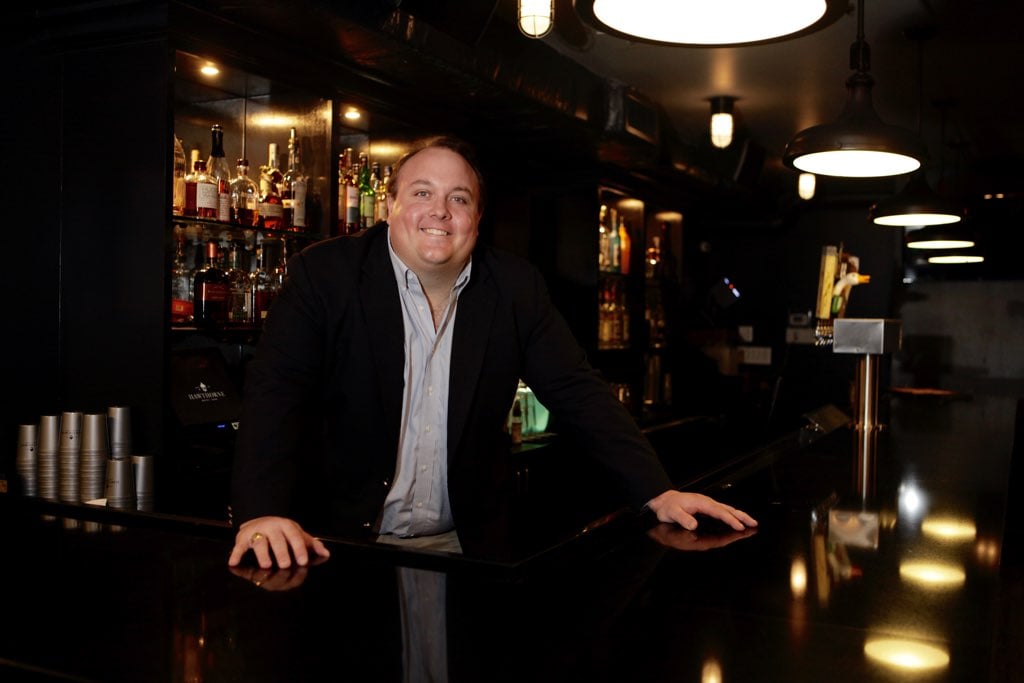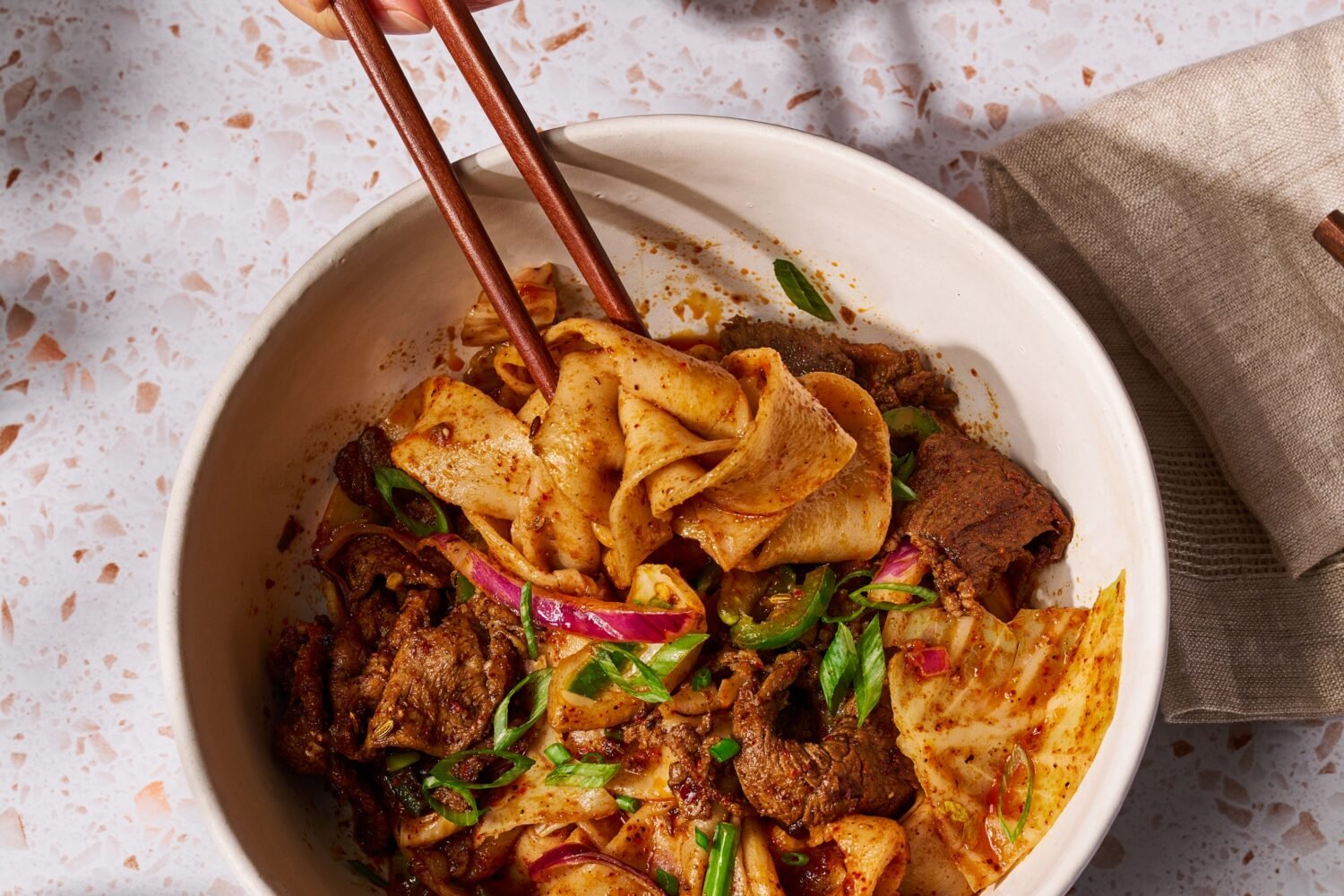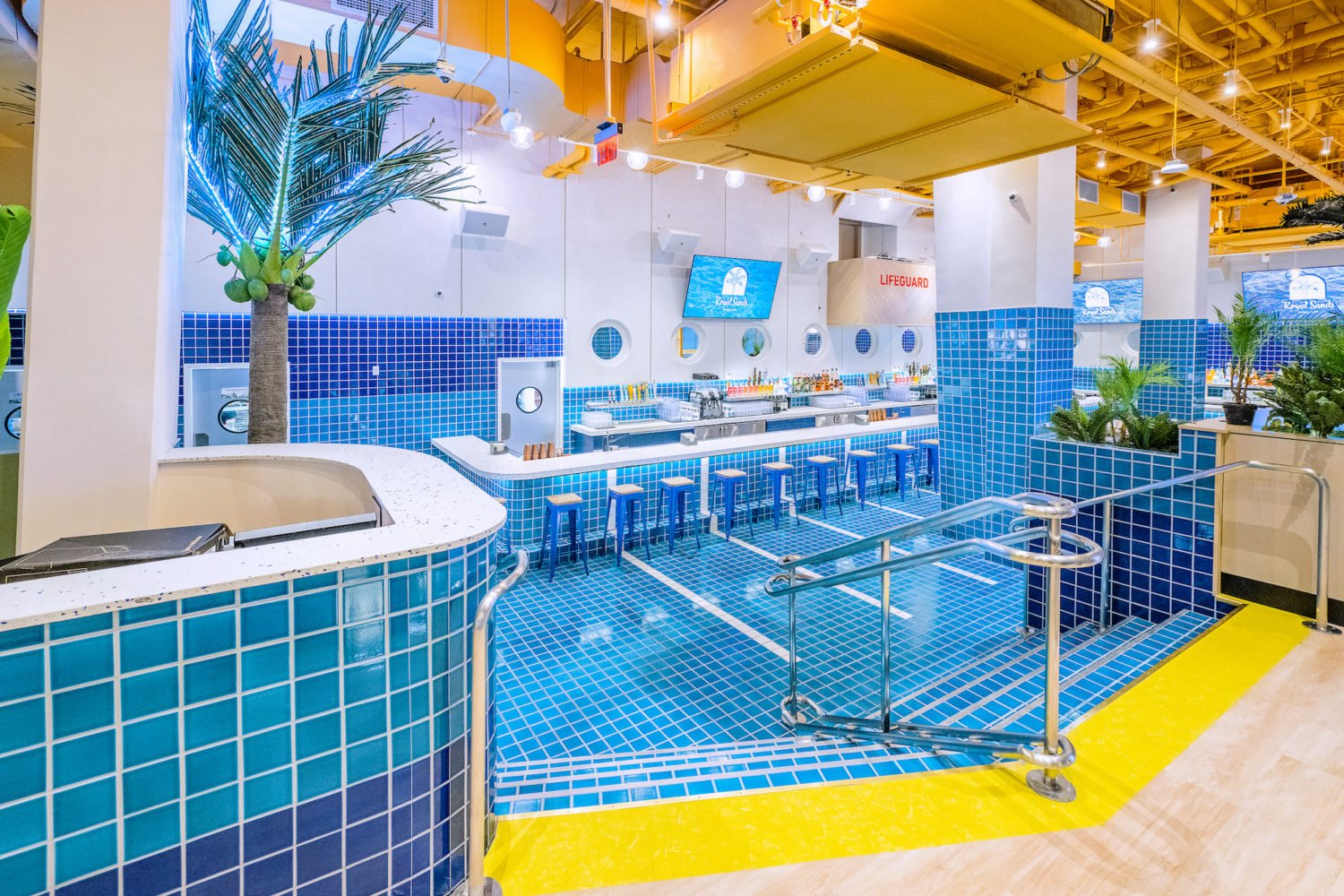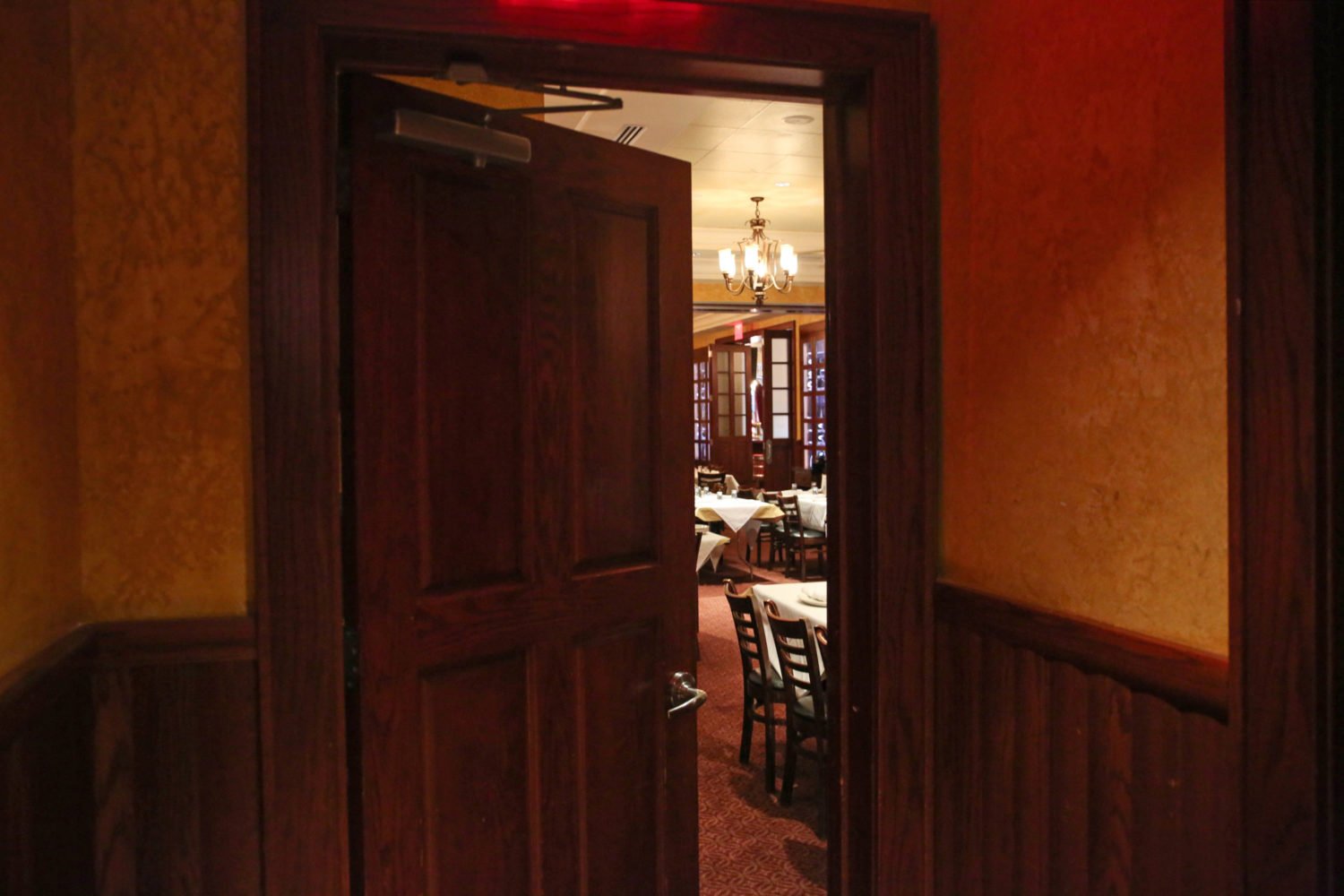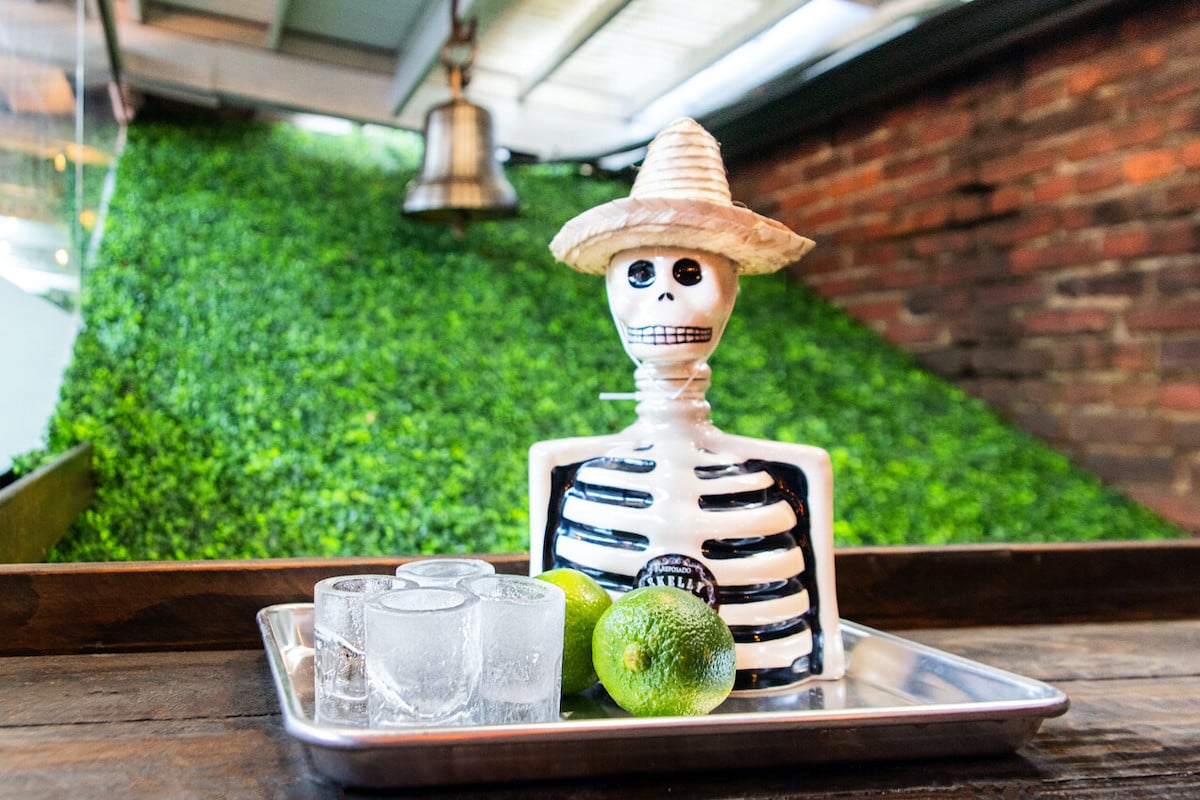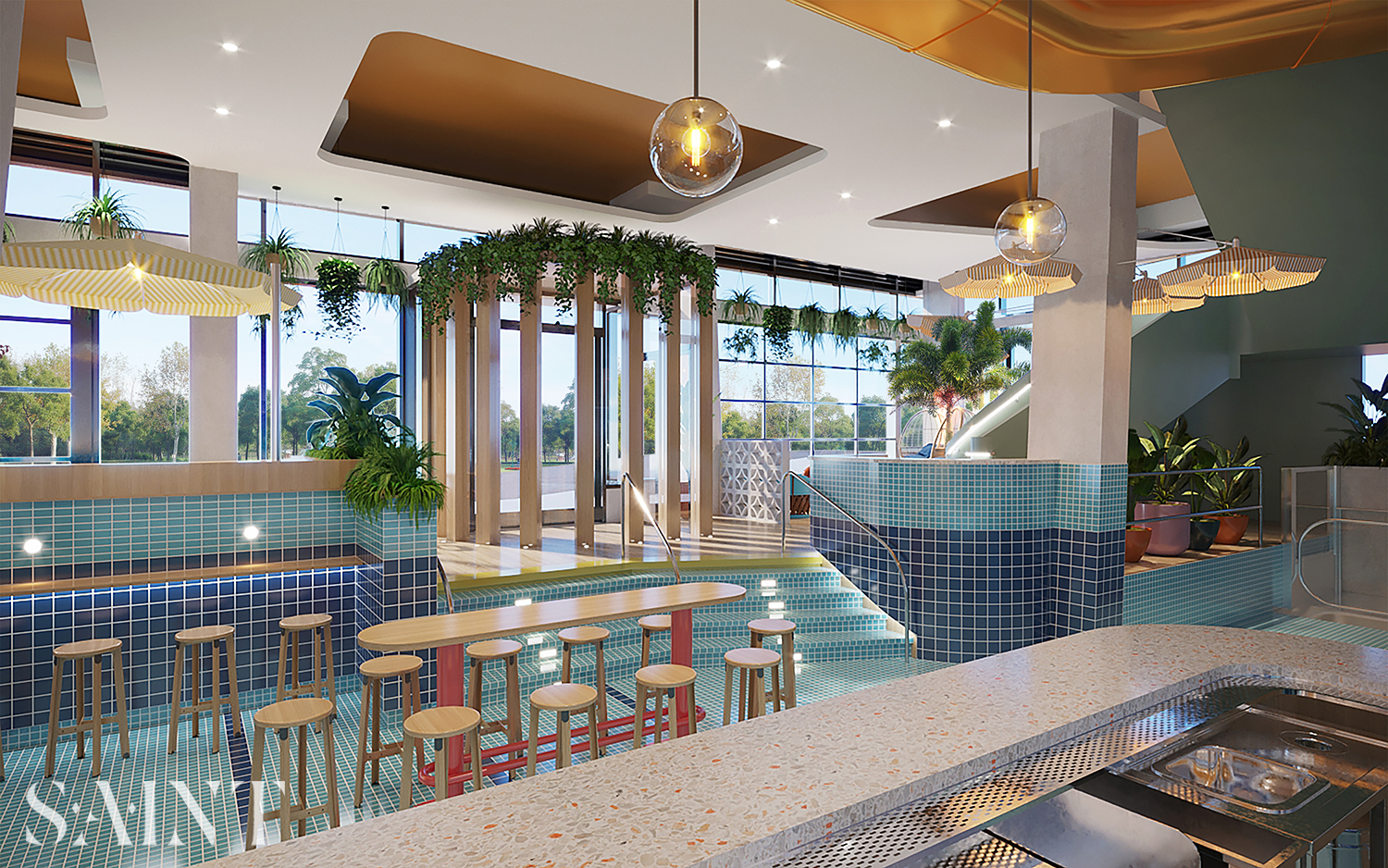It’s an old Washington trope: After a day of partisan warfare, Democrats and Republicans used to mingle over drinks, often in Sally Quinn’s salmon-hued drawing room or some other Georgetown salon. But once members of Congress started spending recesses in their districts in the ‘80s, and tribalism hardened in the ‘90s, Georgetown grew to be defined more as a hangout for young Republicans. (Think Late Night Shots at Smith Point, the invite-only network popularized by Jenna and Barbara Bush.) And with the boon of neighborhoods such as the 14th and U Street corridors, coupled with a two-term Democratic presidency, it’s dissolved into not much of a hangout for anyone.
So is Georgetown now primed for a comeback as the Trump administration comes to town? The Washington Post has argued multiple times since November 8 that the neighborhood was “first in line” for a “Trump bump.”
But Republican operative-slash-DC restaurateur Fritz Brogan is skeptical. Sure, Brogan remembers the “awesome” parties Quinn’s son, Quinn Bradlee, threw for the younger Georgetown set in the mid-2000s when he was living in her guest house. Brogan says it was a renaissance of the Georgetown-centric gatherings of old, but not one with staying power. “I think that’s certainly a different generation from ours,” he says.
Even with his social pedigree, the only Georgetown restaurant in the 32-year-old Brogan’s portfolio is Chinese Disco. The others are scattered around town: his sports bar, Hawthorne, sits on U Street, and his Mexican restaurant, Mission, is just north of Dupont Circle. (He recently sold his stake in Mason Inn, a sports bar in Georgetown-adjacent Glover Park.) And if he expands his business, it probably won’t be back in Georgetown.
Sitting in a booth at Café Deluxe on a frigid morning earlier this month, wearing a pink-and-white checked shirt and gray cable-knit cardigan, Brogan waves off chattering-class predictions of a Georgetown resurgence as DC’s new old power corridor. Those predictions were stoked by early rumors that Ivanka Trump and Jared Kushner were house-hunting there (they settled on Kalorama) and assumptions that the new administration’s social rhythms will mirror those of George W. Bush’s White House.
But with Smith Point now for sale, after years of dwindling business, Brogan may be onto something: Georgetown’s identity as a Republican social enclave, whether in Quinn’s mansion, Smith Point, or otherwise, is a thing of the past. Places like Third Edition, the Guards, and the Deck have all closed since Brogan tended bar at them while working his way through Georgetown University and Law School.
“I mean, I love Georgetown,” he says. “I went to college in Georgetown, my parents met in Georgetown, I met my wife in Georgetown. But to say that Georgetown is on its way back, just because there’s a Republican president, just means that you’re aware that, frankly, the neighborhood is so low that there’s nowhere to go but up.”
The city has gotten bigger, even for Republicans. Brogan is keen to capitalize on that reality in the Trump era. Alongside his business partner, Reed Landry, he plans to expand his portfolio of restaurants this year. And while he won’t say exactly where, he does mention that Shaw and U Street are “very popular.” He’s seen that firsthand in the last year at Hawthorne: “A couple of years ago, I think you’d laugh if you said people in suits and young, fratty people would want to hang out on U Street,” Brogan says.
Brogan, by virtue of his other job as a Republican operative, knows the demographic well. He was recently tapped to head Maverick PAC—MavPAC for short—a GOP group aimed at molding the party’s next generation of big donors. He’s been a Jeb Bush fan since he was 12, and, as Florida Governor Rick Scott’s former deputy chief of staff, has connections to the Tallahassee set soon to work in Donald Trump’s White House. So in an era when many Washingtonians are scrambling to parse some sort of link to the incoming administration, Brogan says he’s “lucky” to have a fresh set of Hill contacts and a history of GOP fundraisers at his bars. He was also friendly with his fellow Georgetown alumnus Eric Trump—“He’s a really nice guy,” Brogan says—during college.
All of which is to say that, when the incoming administration scouts out its watering holes, Brogan’s restaurants are poised to benefit.
“I think it would be great to have [Trump staffers] in our restaurants,” Brogan says.
But as DC’s social hubs have diversified, Brogan hopes the clientele has, too.
“We don’t try to recruit people based on their party,” he says. “I’d be just as happy to have [Hillary Clinton spokesman] Nick Merrill hanging out as I would be to have [incoming White House strategic communications director] Hope Hicks.”
Case in point: Brogan is nearly giddy recounting the summer night that President Obama’s former speechwriter, Jon Favreau, hosted a gathering for White House staffers at Mason Inn, the sports bar that makes no attempt to hide its affection for SEC college football. David Axelrod, the President’s chief adviser, walked in, too. To see Axelrod, a famously disheveled veteran of Chicago Democratic politics, snap photos in a room of Vineyard Vines-clad Ole Miss alumni was “hilarious in the best way,” says Brogan.
“If we keep facilitating moments like that,” he adds, “then we’re doing something right.”
Brogan laments the partisanship he’s seen take hold in the restaurant industry ahead of Trump’s inauguration. “When I read that people are saying that they don’t want to have Donald Trump supporters or Donald Trump staff in their restaurants, it’s…a dangerous precedent to set,” he says.
If Brogan resists the label of Republican restaurateur, he embraces the challenge to become the town’s next great bipartisan gatherer. The Georgetown scene might be defunct, but he does prize the cross-aisle fêtes it was known for. “I’d like to try and help revive those,” he says. He’s off to a good start: in the last year, for instance, Mission has hosted fundraisers for Texas Republican Representative Will Hurd and Democratic presidential candidate Martin O’Malley. Last weekend, Obama’s national security adviser, Susan Rice, brought her staff to the Mexican restaurant for a going-away party.
Ultimately, Brogan has the Republican bona fides to urge the new administration into his joints, in the very neighborhoods that Obama staffers helped popularize. But Trump’s unpredictability means that he’s not banking on it entirely. In forecasting Trump’s preferred hangouts, the Trump Hotel is the only sure bet. Other than that, Brogan says, “I think only he knows what the future holds.”
Which is not to say that Brogan isn’t hurrying to collect more gathering points: He says he’s planning to acquire two more restaurants this year alone. If the bipartisan happy hour is due for a comeback, he wants to be the go-to host, no matter what neighborhood.
“I think a lot more would get done if people got together more for a drink,” he says, laughing. “Preferably on my rooftop.”

